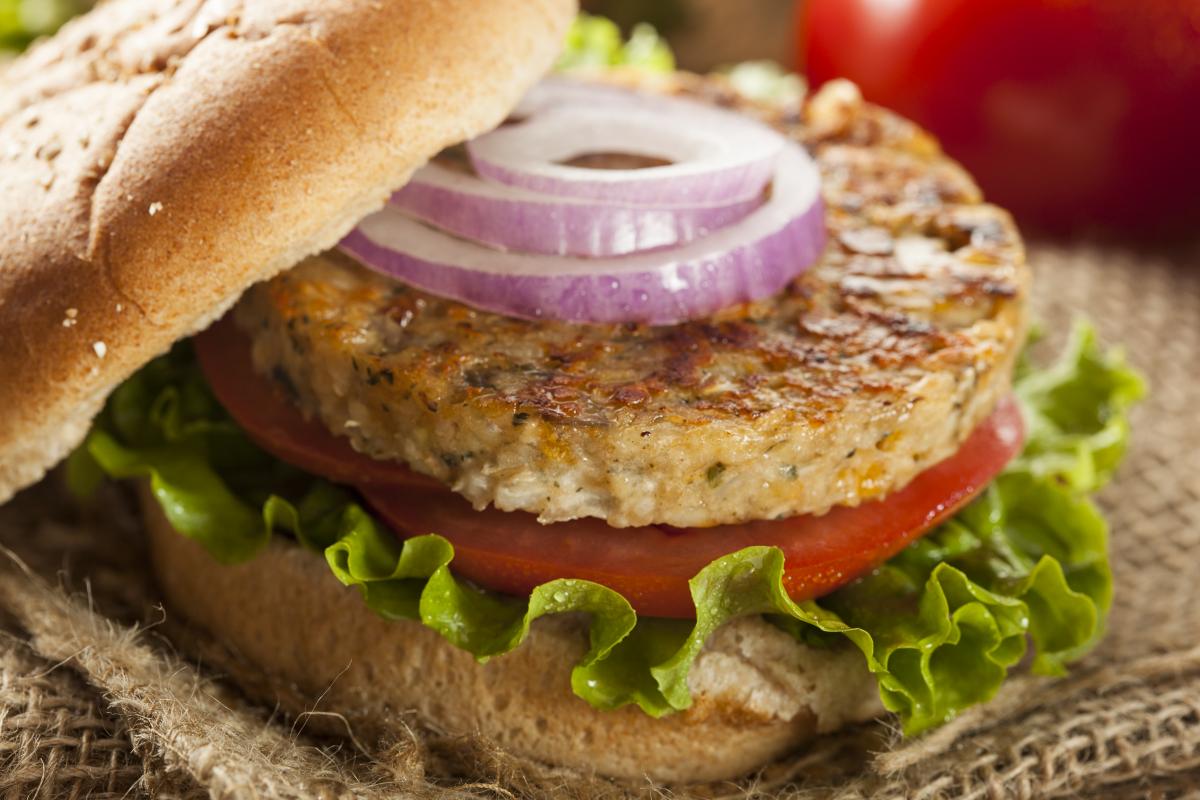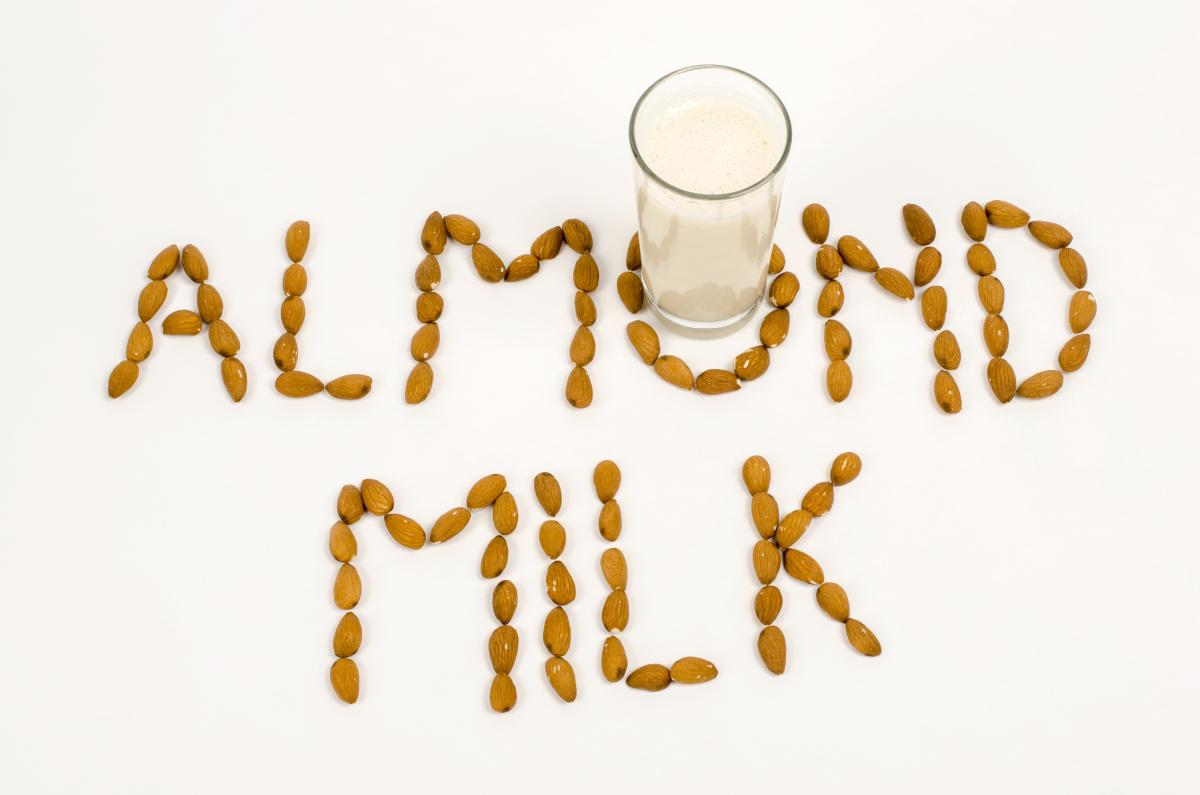Constantine Sandis talks about the current issues with the EU proposed ban on 'meaty names' for vegan versions of foods that typically involve animal products. Will this make a difference to the way we view and talk about these vegan offerings?
Sales of non-dairy cheese and butter have risen considerably in the last few years, surpassing $3.3 billion between June 2017 and June 2018. The vegan cheese industry is most successful in Europe, and yet you wouldn’t know it by looking at product names. Whereas in Canada and the US you can buy products labelled as vegan milk, cream, cheese, and butter, in June 2017 the European Court of Justice ruled that plant-based foods cannot be sold within the EU using such terms. While it remains acceptable to talk of coconut milk and cream, almond milk, and peanut butter, it is now forbidden to describe products as soya milk, coconut cheese, or tofu butter. Brands have consequently had to rename their soya and oat milks as ‘drinks’ and their vegan cheeses as ‘cheeze’. Oatly has named its oat cream ‘creamy oat fraiche, and Naturli calls its new vegan butter and margarine ‘vegan block’ and ‘vegan spreadable’, respectively. Why is this?

I have argued before that such policies are completely unjustified, amounting to little more than anti-vegan rhetoric employed by those with a vested interest in animal farming. But with dairy milk sales dropping by $1 billion, these desperate tactics will ultimately do farmers more harm than good, leaving them unprepared for the inevitable transformation of farming as we currently know it. With dairy and poultry giants such as Nestle and Tyson launching vegan offerings, it would be much better to develop projects and secure funding that will assist farmers in transitioning from livestock to vegan farming. An exemplar here is Jay Wilde, who having spent his entire life farming cattle turned his farm vegan, gave his £50,000 herd of 73 cows to an animal sanctuary, with help from crowdfunding and advice from The Vegan Society.
The divergence in laws covering the description of vegan products has created an interesting duality in the marketing campaigns of major vegan brands. In countries where companies are allowed to market vegan products freely there is a tendency to embrace dairy terms. Thus, for example, Miyoko’s has branded its products as vegan dairy and boasts a vegan creamery. Its motto, ‘revolutionising dairy’ attempts to re-appropriate the term ‘dairy’ itself, defiantly refusing to settle for ‘non-dairy cheese’ as a way of distinguishing vegan cheese from what some still think of as ‘the real thing’. In talking of ‘vegan dairy’ Miyoko’s concedes that all cheese is dairy, but only in order to extend the concept of dairy to include plant-based as well as animal-based milk products.

Pedants will no doubt point out that dairy is by definition restricted to mammal-based milk products, thereby dismissing Miyoko’s rhetoric as nonsensical. They have a point, but only up to a point. Language is as language does, or rather as we do with it. If enough people start talking of vegan dairy, the term ‘dairy’ will simply widen its referent over time to cover any product made from milk of any kind. Indeed, we can even imagine a scenario, many years from now, in which ‘dairy’ paradigmatically refers to plant-based milk products, and the old use has become obsolete.
It is interesting to compare the above situation to that of the Swedish company Oatly. In the US, their drink is branded as ‘Oat milk’. By contrast, in the UK and other EU countries their mottos are ‘ditch milk and switch to oat drink’ and ‘it’s like milk but made for humans’. Is Oatly contradicting itself? Or is it merely switching from a loose (ordinary) sense of ‘milk’ to a more narrow (legalistic) one? Their website includes the following text, currently only available to users outside of Sweden:
So what is this oat drink anyway? Milk? No, it’s not milk. Milk comes from a cow. It was designed for baby cows. Oats grow […] we looked into the nutritional characteristics of oats and thought: what if we forgot the cow altogether and turned these oats into a drink that was designed for humans? So we did.
The reason for this restriction is given in the following statement:
The following pages contain information that the Swedish Marketing Court has deemed inappropriate for the general public (at least to Swedes) pursuant to a case filed by The Swedish Milk Lobby. Therefore, before entering this part of the site, we need you to confirm that you are not located in Sweden.
It seems that some milk lobbies are not content with simply banning phrases like ‘oat milk’ but want to also ban people from making claims about the proper use of cow dairy. This is not a good look. At the end of the day, nobody is going to walk into a coffee shop and ask for a drop of ‘oat drink’ with their coffee. They will ask for oat milk. Institutions and governments can police language all they like, but they cannot change the way that people talk so easily.
The phenomenon of conceptual engineering is a psychologically interesting one. Over the decades, Tech companies have managed to get people talking of everything from VHS players to computers as thinking, believing, and wanting things. Now, with the rise of artificial assistants like Alexa and Cortana they even have us talking of AI ‘understanding’ or ‘misunderstanding’ us. As the philosopher Friedrich Nietzsche put it:
What things are called is unspeakably more important than what they are…it is enough to create new names…in order in the long run to create new "things”’. (The Gay Science, §58).
The farming industry has been hoping that they too can engineer concepts such as those of milk and cheese. So why do their attempts seem to be failing so badly by comparison to those of the Tech industry? The answer is that it is much easier to persuade people to extend their use of a term than it is to police it. This is partly because we are used to using words figuratively, without confusion. No amount of philosophical, legal, or grammatical policing is going to stop us talking of the mouth of a river, or the foot of a bridge. The same is true of robot thought and tofu cheese.
In his Philosophical Investigations, Ludwig Wittgenstein argued that the meaning of words is tied to the ways in which we use them, and our linguistic usage is ultimately grounded on our behavioural practices and the forms of life that underlie them: in the beginning as the deed, and the deeds in question include the making of vegan ice cream, bleeding burgers, aubergine steaks, mock duck, meaty not-dogs, soya lattes, vegan milkshakes, plant-based shrimp, and even faux gras. Which precise terminology will eventually stick will largely be settled by pragmatic concerns, but it is bound to share the vocabulary of the non-vegan varieties of the same foods. The attempted policing of ordinary language is but the last refuge of scoundrel economics.
Constantine Sandis is Professor of Philosophy at the University of Hertfordshire and the author of The Things We Do and Why We Do Them.
You can support ProVeg petition to stop the veggie burger ban here.
The views expressed by our bloggers are not necessarily the views of The Vegan Society.

